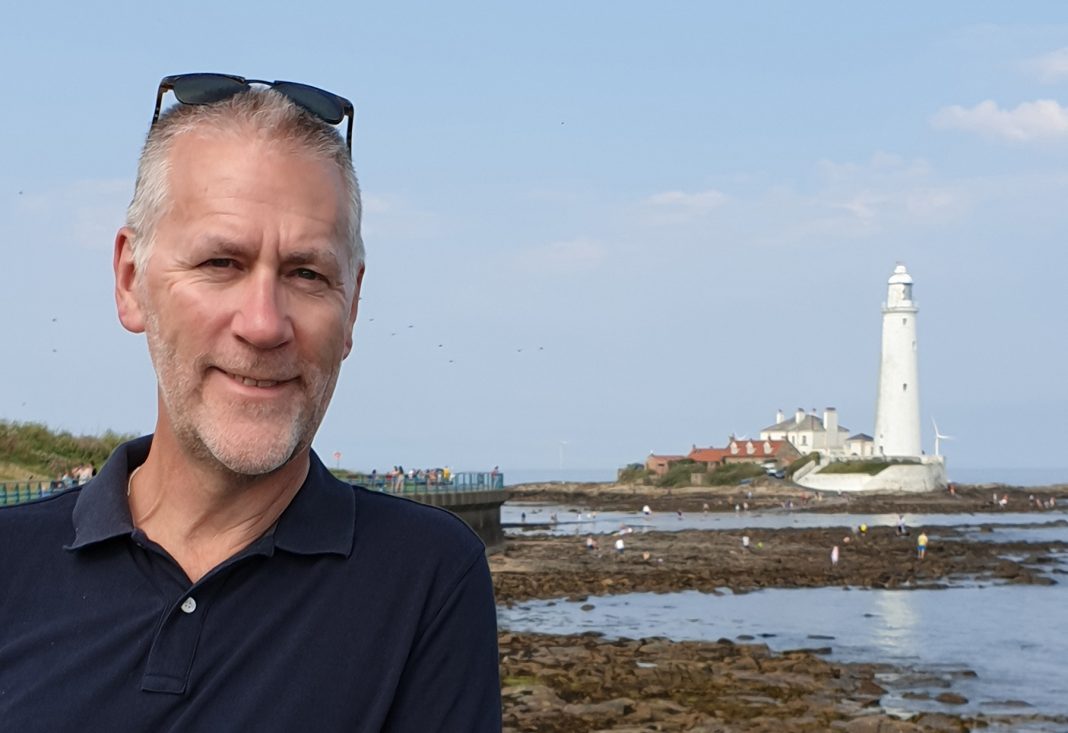From: Bill Hill, CEO, Lighthouse Club
Saturday was World Suicide Prevention Day and we will see a huge amount of activity and publicity following it to help raise awareness of the issues surrounding such a hugely sensitive subject. It is good news that the construction industry in particular gets behind such campaigns but for those that know me, they will be aware that I have voiced my opinions that such days should be scrapped. Controversial I know. Don’t get me wrong, of course we need to raise awareness of the issues, but for us, its world suicide prevention day every day.
Working in construction can be extremely rewarding but also has its challenges. Over 87% of the workforce is male and over 50% of the sector is made up of self employed, agency staff or on zero hour contract workers. This means that it’s not always easy to get the message of support to those that need it the most and that was evidenced in our research with Caledonian University published last July.
The research identified that the number of suicides in construction rose from 26 to 29 per 100,000 in the four years to 2019 and there was no change in the fact that those in the construction industry were three times more likely to take their own life compared to other sectors
But the findings also showed differences between certain occupational groups. In summary, those working in non-manual occupations, such as managers and professionals, had lower rates of suicide compared to the unskilled workforce such as labourers. More worrying was that the statistics only went up to the end of 2019. We are now interrogating the data up to the end of 2021 to identify any shifts and benchmark against our previous findings. Sadly, with the impact of the Covid pandemic as a backdrop, I’m not optimistic that the rates will have dropped.
That said, the research findings galvanised our efforts to make sure we reach those who are most vulnerable. We’re already providing a huge range of proactive and reactive resources that can be accessed free of charge by any worker or their family employed in construction or allied trades, this includes the self employed, subcontractors or agency workers. But we’re always looking for ways to improve and extend our support and that has seen the recent introduction of our text support service and we’ve also increased our network of Lighthouse Beacons that offer a safe space for people to share issues.
Again, in response to the need to ensure we reach the ‘boots on the ground’ our Help Inside the Hard Hat campaign has recently taken to the road and so far we’ve visited over 70 construction sites and builders’ trade outlets across the country with many more in the diary. This helps us reach some of our most vulnerable workers, including the trades and contractors who have nowhere else to turn to for support. It’s vitally important that we get our message in at grass roots level so we made a conscious decision to ensure that our team are from the trades and they are able to share their lived experiences with poor mental health in a down to earth and relatable way.
We know that by simply having a conversation with people, our onsite team are already making a life changing and life saving impact. We have spoken with 20 workers who said that they were on the verge of taking their own lives but as a result of opening up to our team they have been given immediate and life saving support. That’s 20 lives saved along with preventing all the grief and heartache experienced by the family, friends and colleagues of those who feel that they have no other option but to permanently check out of life. It is truly humbling to know that we can have this impact.
To raise awareness of the difficult subject of suicide we’ve also launched our new Suicide Awareness courses. The courses will help to gain a greater understanding of the common reasons and causes of suicide and the signs to look out for if you think somebody is experiencing suicidal thoughts. It will also help to develop the skills and confidence needed to approach and start a conversation with a suicidal person.
All our hard work as a charity, together with companies in the industry to improve our workforce wellbeing really is making a difference. We published our 2021 Impact Report last month and we know that we helped 2777 families, an increase of 23% on the previous year. That support ranged from emotional and physical wellbeing through to requests for financial assistance to help feed families and pay bills. But whatever the ‘presenting problem’, we can be certain that bubbling right under the surface is a huge amount of anxiety, stress and worry which can quickly spiral out of control. 31% of calls handled by our case workers directly mentioned a mental health problem and 233 families were provided with professional counselling.
However, I don’t see this as a negative, it means that people are actually reaching out for support rather than suffering in silence and this is a positive change in behaviour.
I can’t stress enough that the emphasis needs to be very much on collaborative working to ensure welfare and wellbeing is central to cultural change within our industry so that the stigma of poor mental health is eradicated.
There is no doubt that there is still much work to be done and as well as a legal responsibility, we all have a collective moral responsibility to ensure that mental health in our industry is treated with the same importance and respect as physical safety for both our current and future generations.
If you or anyone you know is struggling, you can reach out for free and confidential support now
24/7 Construction Industry Helplines; 0345 605 1956, (UK) 1800 939 122 (ROI)
Text HARDHAT to 85258 (UK) 50808 (ROI)












